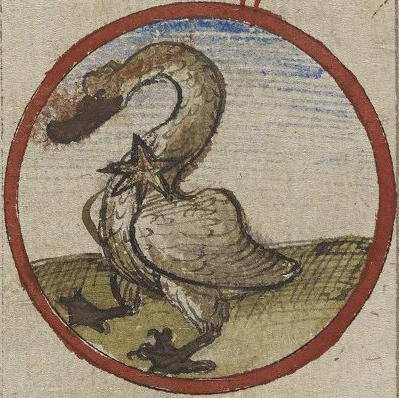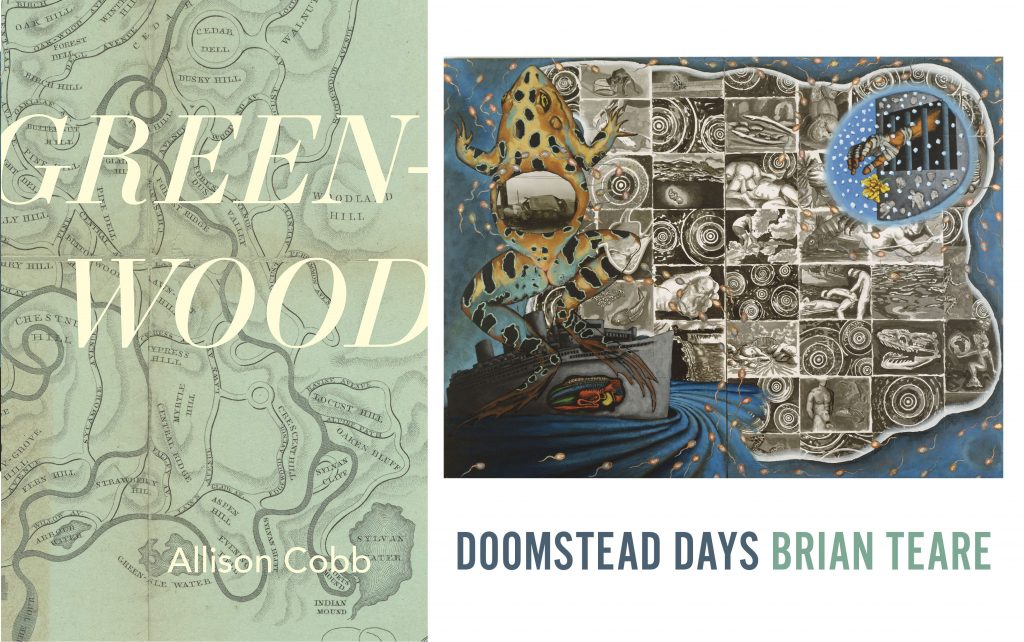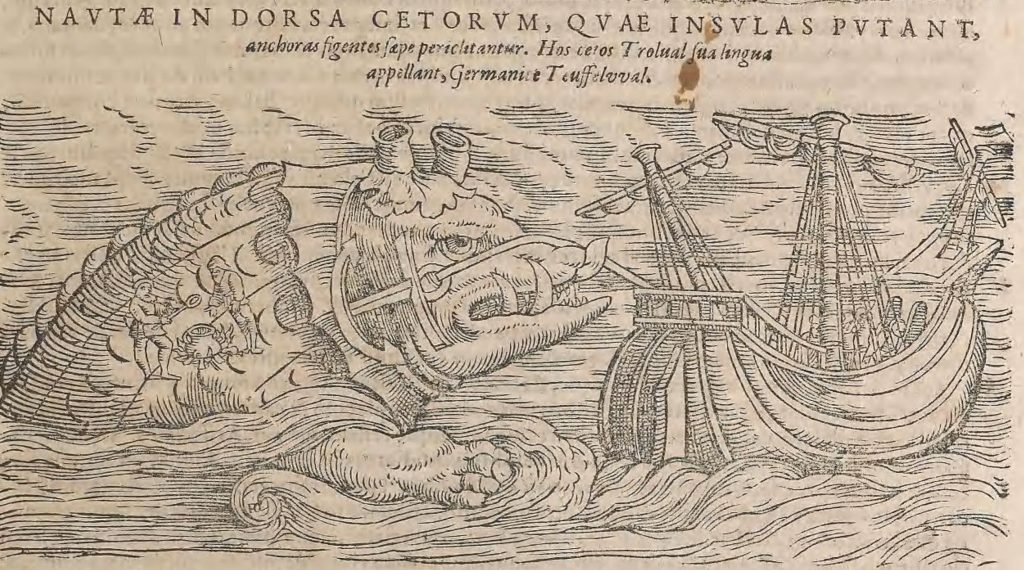I have a couple of new articles out in early 2022. Both consider the question of how much we can know about other living things, which fascinated medieval thinkers as much as it does modern ones.
- “What the Mole Knows: Experience, Exempla, and Interspecies Dialogue in Albert the Great’s De animalibus.” Published in New Medieval Literatures.
- On experimentation, literary devices, and animal cognition in a major thirteenth-century zoological compendium.
- “Of Monks and Movable Beasts: Animals as Fellow Travelers in the Navigatio sancti Brendani abbatis.” Published in Viator.
- On mobility and human-animal relations in the popular legend of St. Brendan, including encounters with a whale and an otter.




